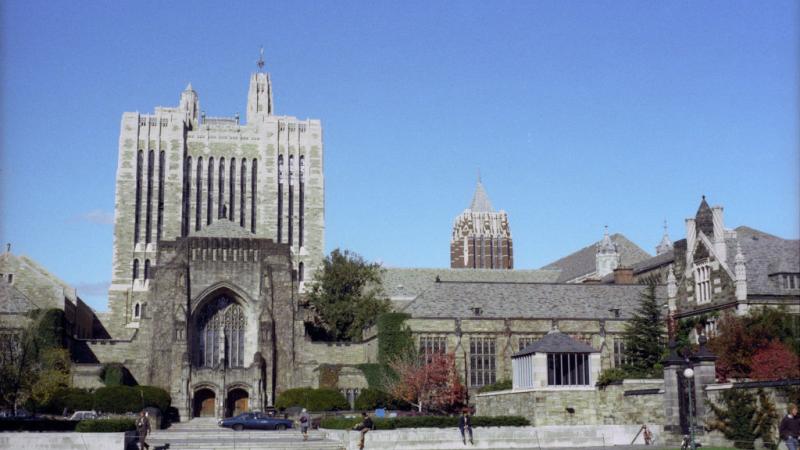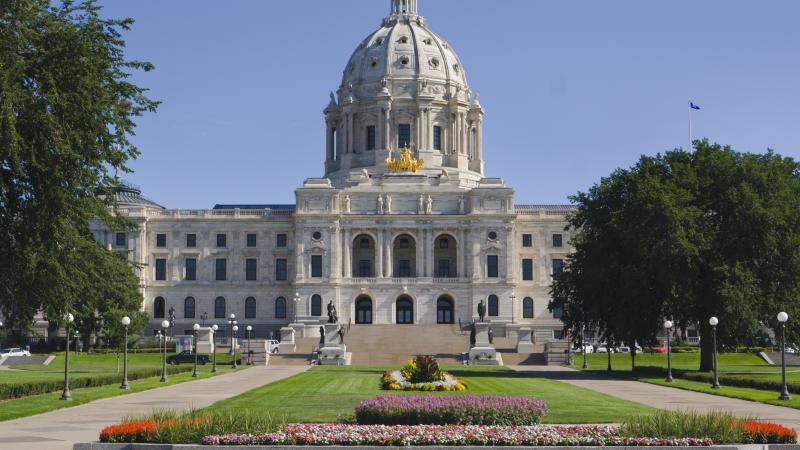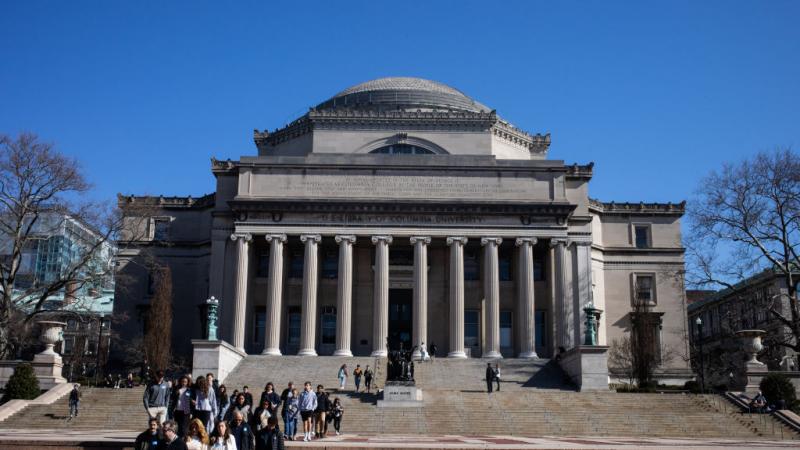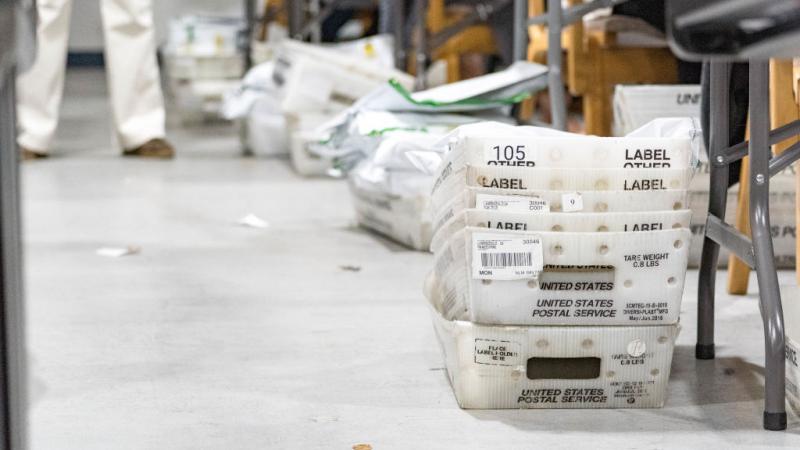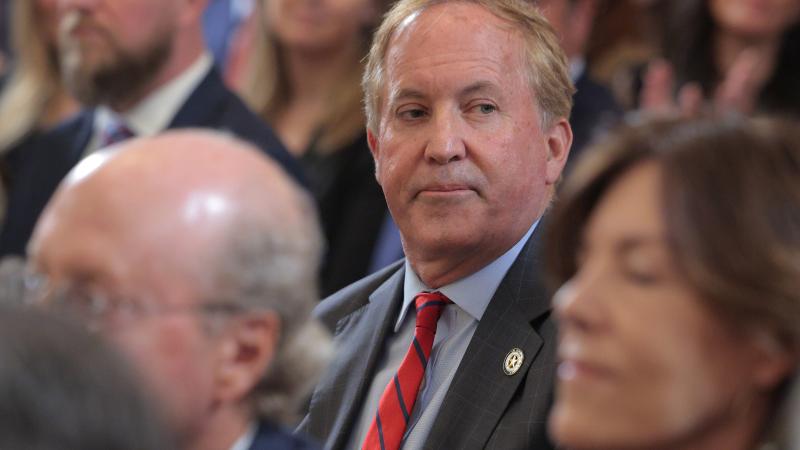University of Utah offers ‘Feminist Cannabis Studies’ this fall semester
Course investigates “history of the cannabis prohibition, legalization movement, and its political, social, cultural and practical intricacies.”
(The Center Square) -
The University of Utah is currently offering a course entitled "Feminist Cannabis Studies" through its Gender Studies program.
The “upper division course explores feminist cannabis studies as a field and subject of study” that asks people to evaluate their “understandings and assumptions around cannabis,” according to the course description.
The course investigates “the history of the cannabis prohibition, legalization movement, and its political, social, cultural and practical intricacies.”
“Through interdisciplinary and intersectional feminist frameworks, we examine historical and contemporary discourse on cannabis across the U.S. and beyond,” the description says.
“Feminist Cannabis Studies” also covers “Queer/Trans* Activism and Racialized Histories.” It poses the question: “What does history tell us about the ways gender, race, sexuality, immigration and class have shaped our understanding of cannabis?” as stated in the description.
The course additionally asks “How has the image of cannabis functioned to maintain inequality based on such socially constructed categories?” and “How have Communities of Color, LGBTQ+ and marginalized groups used and imagined cannabis in cultural, medicinal, and spiritual practices over time?”
The course teaches “about the contributions of queer and trans* communities to the cannabis movement, the global implications of the War on Drugs incited by the U.S. and the possibilities imaginable for and after federal cannabis legalization.”
“Feminist Cannabis Studies” is taught by Dr. Magaly Ordoñez. Ordoñez did not respond to two requests for comment from The Center Square.
Ordoñez is a “Latinx Sexualities Postdoctoral Fellow” at the University of Utah, according to a school bio.
Ordoñez wrote a dissertation focused on “Chicanx and Latinx LGBTQ+ communities that have contributed to cannabis cultural and political histories.”
The dissertation also observed Los Angeles to “understand how queer of color cannabis histories, relations, and spaces refuse subversion to a capitalist cannabis industry by centering care, cannabis education, and political advocacy.”
Ordoñez wrote a piece earlier this year outlining the exploitation of “immigrant women” in California’s cannabis farming, saying that women in the industry are often “shunted into the role” of trimming the cannabis flower bud and leaves.
“Feminist Cannabis Studies” offered by Utah’s Gender Studies program is a part of the School for Cultural and Social Transformation, known as Transform because of its lengthy name.
Transform’s four academic fields are Ethnic Studies, Gender Studies, Disability Studies, and Pacific Islands Studies. The degrees and programs “explore race and racism, ethnicity, gender, sexuality and sexual identity, disability, health and global diasporas,” according to its webpage.
The Center Square reached out for comment to Transform Chief of Staff Estela Hernandez, Transform Acting Dean Elizabeth Kronk Warner, Transform marketing and communications specialist Stephanie Dawson Pack, Gender Studies Chair Ella Myers, and University of Utah communications director Rebecca Walsh.
None responded but Warner, who referred TCS to Walsh and Pack.
